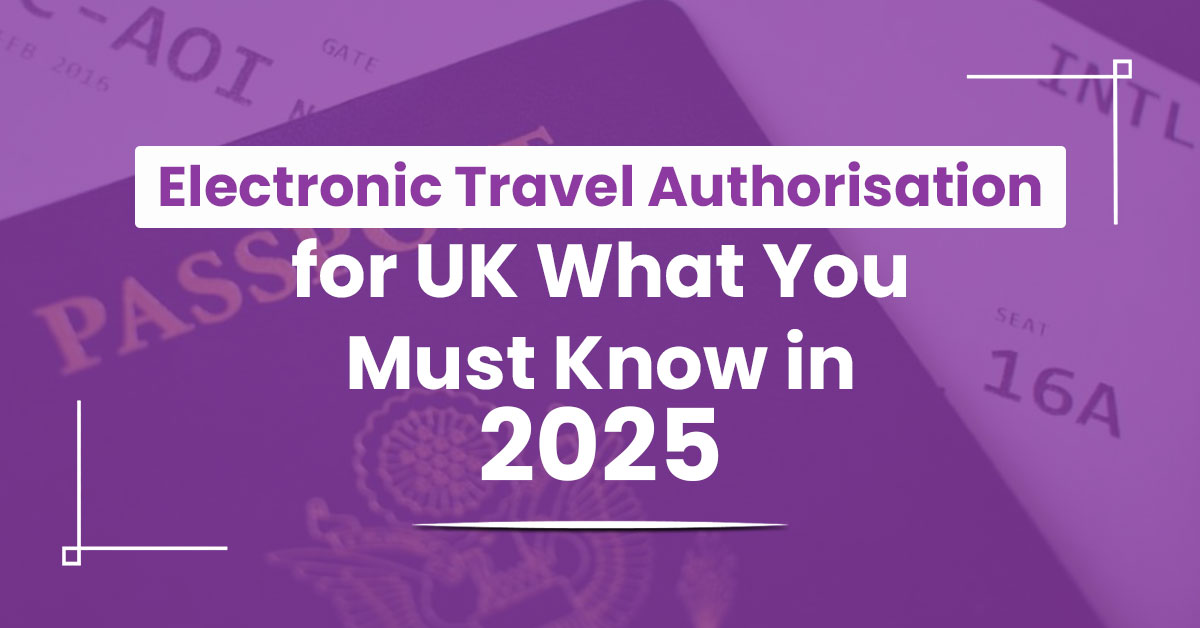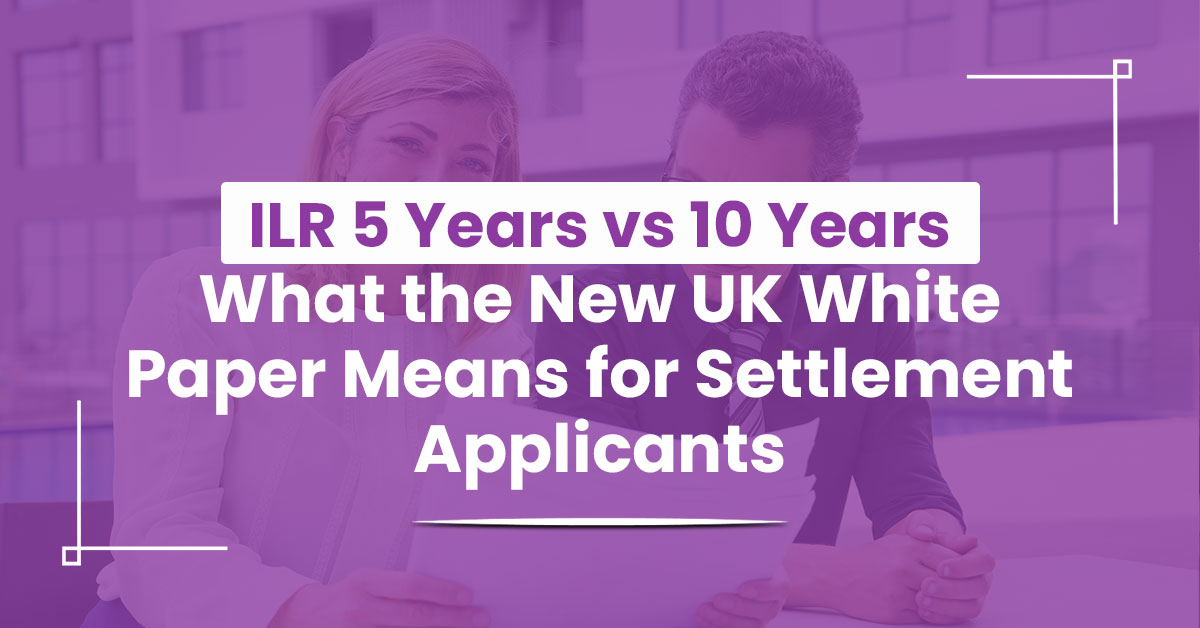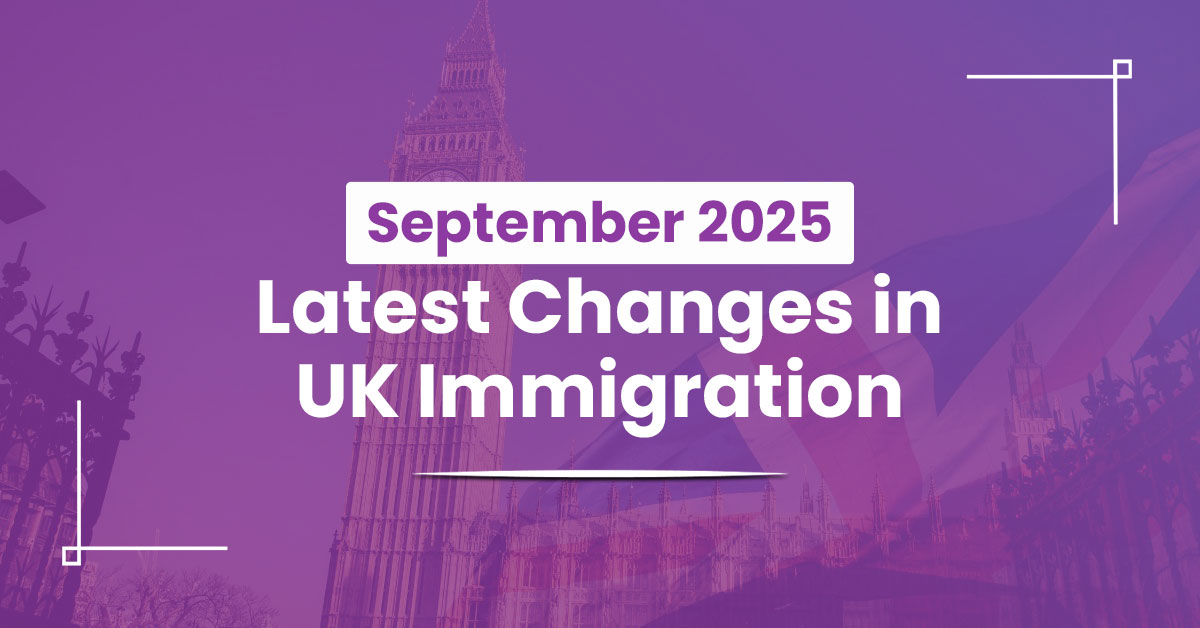The United Kingdom has long been a destination for people fleeing war, persecution, and human rights violations. But in 2025, the asylum system has evolved dramatically, introducing new rules, stricter procedures, and faster decision-making. For asylum seekers, understanding these changes is crucial, not only to protect their rights but also to avoid costly mistakes during their asylum journey.
This guide breaks down the latest UK asylum and refugee rights for 2025, explaining in clear, human terms what every asylum seeker must know. We’ll walk through the updated rules, your rights during and after the claim, and what the future might hold for asylum policy in Britain.
If you’re an asylum seeker, refugee, or someone supporting them, this guide aims to make complex legal updates easy to understand, so you can focus on finding safety and building a new life.
Key Takeaways
- Definition & Difference: Asylum seekers apply for protection; refugees have accepted claims and legal permission to stay.
- Foundational Law: UK asylum remains based on the 1951 Refugee Convention, despite post-Brexit changes.
Border Security, Asylum & Immigration Bill 2025: Strengthens border control and law enforcement, establishes a Border Security Command, and aims to deter irregular migration and organized immigration crimes. - Changes to Refugee Rights: Automatic family reunion halted (now requires ordinary Family Visa applications), ILR is no longer automatic and must be earned through contributions to UK society, with new requirements including social impact and English proficiency.
- Accelerated Decision-Making: More caseworkers and training have sped up initial decisions (approval rates ~49%), but the appeals backlog remains high at around 53 weeks.
- Tribunal Reforms: A new independent appeal body is proposed for asylum appeals, with a legal obligation to resolve certain appeals within 24 weeks.
- Impact of the Illegal Migration Act 2023: Irregular arrivals face asylum bans and mandatory removal. The “safe third country” policy deems some claims inadmissible (EU, Norway, Iceland, Switzerland, Albania, India, Georgia), raising concerns about indefinite detention and legal limbo for genuine refugees.
- Work Rights: Asylum seekers can apply to work after 6 months, limited to shortage occupations.
- Comparisons: The UK asylum system is more restrictive than some EU countries but offers strong integration and post-recognition support.
What Is Asylum?
People who are unable to return to their native country due to fear of persecution are granted asylum, which is a legal protection. The 1951 Refugee Convention serves as the foundation for this protection, which the UK still upholds in spite of changes in post-Brexit policies.
A person who is unable to return home because of a legitimate fear of persecution because of their race, religion, nationality, political beliefs, or membership in a specific social group is considered a “refugee” under this convention.
It’s important to note that there’s a difference between an asylum seeker and a refugee:
- An asylum seeker is someone who has applied for protection and is waiting for a decision.
- A refugee is someone whose claim has been accepted and who now has legal permission to stay in the UK.
Asylum & Refugee Rights 2025
The most important changes in 2025 have to do with new laws and changes in the rights of people who have been given refugee status.
The Border Security, Asylum and Immigration Bill 2025
The purpose of this bill, which was introduced in January 2025, is to further secure the borders and the asylum system as a whole by outlining additional powers and crimes. The primary objectives of the bill include:
Deterring Irregular Migration
The government is increasing law enforcement powers and improving data-sharing to track and stop organised immigration crimes, aiming to reduce illegal crossings such as small boat arrivals.
Strengthening the System
Establishing a new Border Security Command and improving the asylum and immigration system to prevent misuse to restore public trust.
Changes to Rights for Granted Asylum Seekers
Restrictions on the rights and benefits received by successful asylum seekers, especially those who enter the country illegally, are the centre of new policy proposals:
Suspension of Automatic Family Reunion
The government has stopped the automatic right of a recognised refugee or someone with humanitarian protection to bring close family members (spouse/partner and dependent children) to the UK.
“Earned” Settlement
Asylum is no longer seen as an automatic entitlement to Indefinite Leave to Remain (ILR) or permanent settlement; the new policy suggests that these rights should be “earned” by contributions to UK society.
New ILR Requirements
Everyone applying for permanent settlement (ILR) must now demonstrate they have made a positive social impact and demonstrate proficiency in English. Ministers are looking into putting similar conditions on people who have been granted refuge.
Pro Tip:
If you have dependants who are still in danger, you must explore alternative safe and legal routes for their entry (e.g., humanitarian visas, specific sponsorship routes) simultaneously with your asylum claim.
Accelerated Procedures and Backlog Management
In 2025, a primary focus will be on speeding up the decision-making process and reducing the backlog of both initial asylum petitions and appeals.
Initial Decisions
There are initiatives to hire more caseworkers and give them more training, which has resulted in a lot of initial decisions being made. On the other hand, initial grant rates have been falling (to roughly 49% in 2025), and there have been concerns about the quality of early refusals.
Appeals Backlog
As initial decisions accelerate, the appeals backlog in the First-tier Tribunal has grown rapidly (reaching an average waiting time of around 53 weeks).
Tribunal System Reforms
In August 2025, substantial changes were suggested to the tribunal system in order to address the backlog of appeals. These included:
New Independent Appeal Body
Setting up a new group of independent professional judges to handle asylum appeals, aside from the normal court system. The purpose of this body is to speed up case hearings and allow for increased capacity when needed.
Appeal Timeframe
The First-tier Tribunal is now legally obligated to make a decision on specific asylum appeals (such as those from individuals in asylum accommodation) within a period of 24 weeks.
Impact of the Illegal Migration Act 2023
The Illegal Migration Act was passed in 2023, but its full implications are still affecting policy and legal issues in 2025.
Asylum Ban for Irregular Arrivals
The Act tries to stop anyone who comes to the UK without a valid visa through a “irregular” route from asking for asylum.
Mandatory Removal
These people must be sent to their home country or a “safe third country” (such as Rwanda), with little chance of having their asylum or human rights claim heard in the United Kingdom.
Detention and Limbo
Critics argue that the Act places real refugees, particularly those escaping conflict, in indefinite detention and legal limbo because actual plans for evacuation to secure third countries remain susceptible to legal and logistical hurdles.
“Safe Third Country” and Inadmissibility
A “safe third country” is an important part of the strategy, where claims made from such countries are considered “inadmissible” and will not be fully examined in the United Kingdom.
Inadmissibility Policy
If a claimant has passed through or has ties to a safe third nation where they could have filed for asylum, their claim may be deemed inadmissible.
Expanded List
In recent years, the list of nations that are considered “safe third countries” for inadmissibility has broadened. India and Georgia will be added to the list in 2024. The European Union, Norway, Iceland, Switzerland, and Albania are all included in the Act’s list of countries that qualify for this.
Focus on Visa Arrivals
People who entered the UK on legitimate visas (such as student or work visas) are also the focus of policy discussions, with plans to address this issue with the same seriousness as irregular immigrants.
Conclusion
By 2025, the UK asylum system had changed, with speedier decision-making, better integration help, and a renewed focus on human rights. However, long wait times, restricted housing, and uncertainty create emotional stress.
Asylum applicants must know their rights, the rules, and seek guidance from expert immigration lawyers to navigate this complex system.
Asylum seekers are not alone. Our support is always available, and your story matters to us.
Frequently Asked Questions (FAQs)
Q1: Can a refugee in the UK bring family in 2025?
Ans. No, refugees in the UK cannot bring family members in late 2025 because the dedicated refugee family reunion route was halted in September 2025 and then permanently removed in early October 2025, requiring them to apply under the ordinary Family Visa (Appendix FM) requirements.
Q2: How has UK asylum law changed in 2025?
Ans. In 2025, the UK government intends to alter family reunion regulations and institute a more difficult and drawn-out process for refugees to settle in the country, replacing the existing five-year pathway to permanent residency.
Q3: Can asylum seekers work immediately in the UK?
Ans. Not immediately. Asylum seekers can apply for permission to work after 6 months if their case is still pending and the delay isn’t their fault. They’re allowed to work only in jobs listed on the government’s Shortage Occupation List.
Q4: How does the UK compare with other European asylum systems?
Ans. The UK’s asylum system is more restrictive than some EU nations, but its integration programs and post-recognition support are among the strongest. Unlike some European countries, refugees in the UK can apply for permanent settlement after five years.






